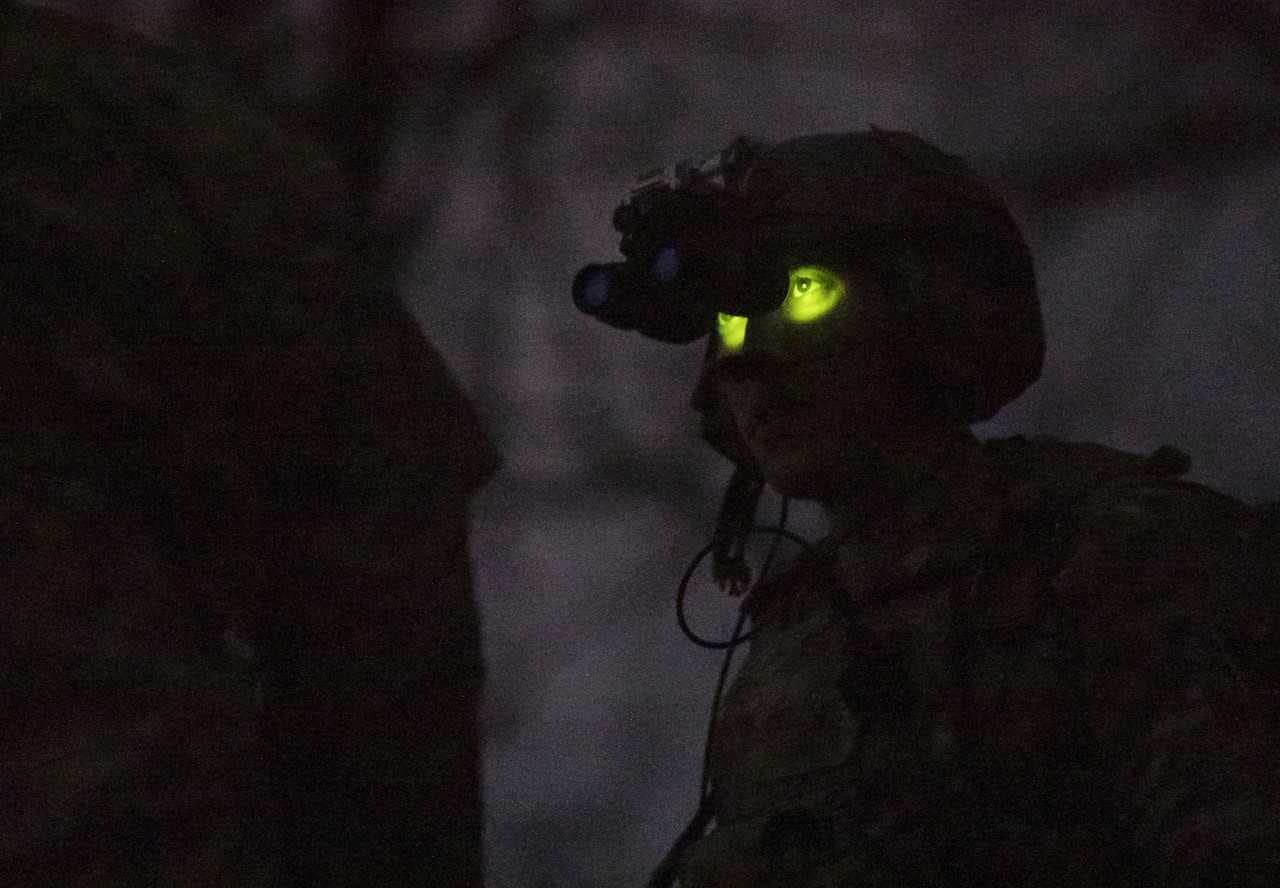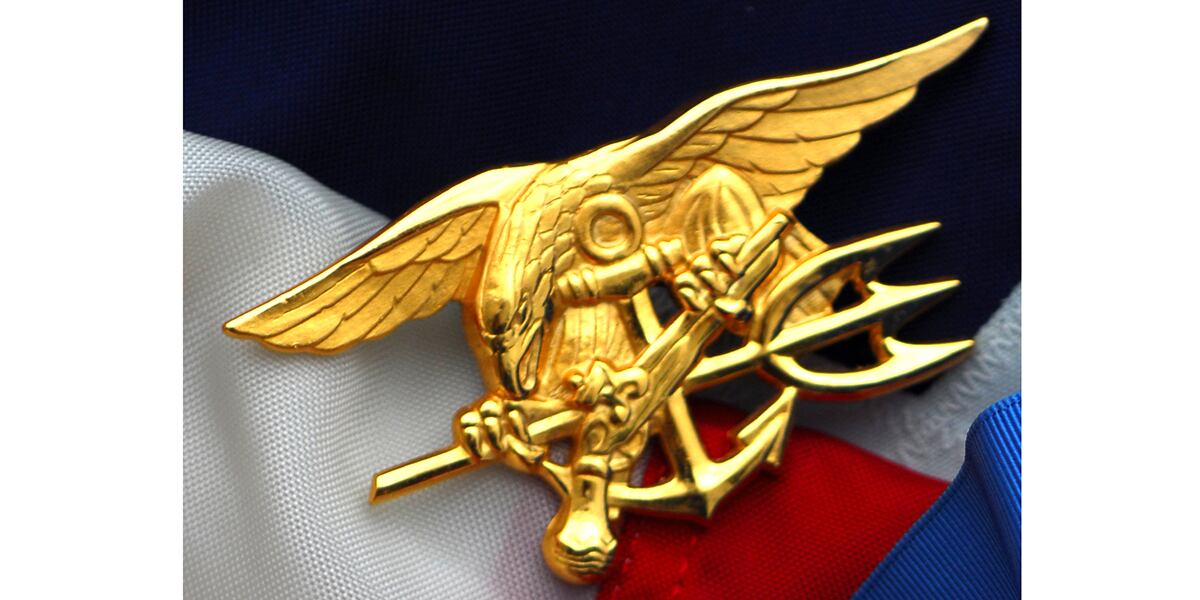Months after a Pentagon review came back with an “all clear” for Special Operations Command’s ethics and professionalism training, the head of Naval Special Warfare Command declared in a memo to his sailors that something is still not right.
SEAL commanders have until Aug. 7 to report issues and give recommendations on how to fix them, according to a July 25 letter from Rear Adm. Collin Green that was leaked to Navy Times.
“We have a problem,” wrote Green in bold black print that he also underlined for emphasis.
“Some of our subordinate formations have failed to maintain good order and discipline and as a result and for good reason, our NSW culture is being questioned," Green wrote. “I don’t know yet if we have a culture problem, I do know that we have a good order and discipline problem that must be addressed immediately.”
Green admitted that as Naval Special Warfare’s commander he owns the problem, but told his commodores that “you also own it" and proposed scrapping the current “consequence management approach” to instilling discipline" to take a more “proactive approach" to misconduct.
The letter came the day after news broke that a spec ops commander in Iraq booted a SEAL Team 7 platoon in the wake of a boozy Independence Day party.
"All Department of Defense personnel are expected to uphold proven standards and to comply with laws and regulations,” read a SOCOM statement released July 24. “Alleged violations are thoroughly investigated.”
Two days earlier, Navy Times broke a story about an investigation into SEAL Team 10 operators who had been using cocaine, fudging their urinalyses with clean samples and generally flouting the Navy’s controlled substance regulations.
“I never once got piss-tested on deployment or on the road, where I was using most often,” one of the six busted SEALs said in a statement.
Meanwhile, an ongoing Navy probe to catch the culprit who catfished women into sending nude photos is shining a light on the normally shadowy world of SEAL Team 6, one of America’s most secretive commando units.
And although he was exonerated of all war crimes charges by a panel of his peers, the recent court-martial trial of Special Warfare Operator Chief Edward “Eddie” Gallagher included witnesses testifying about a cowboy culture inside Alpha Platoon, SEAL Team 7, with their 2017 deployment to Iraq punctuated by heavy drinking on the battlefield and unlawful photos of service members posing with dead bodies.
The Navy’s special operations community is not the only that has come under scrutiny in recent years. In addition to a SEAL, a Marine Raider faces charges of murder in the death of Staff Sgt. Logan Melgar, an Army Special Forces soldier, while deployed to Mali in 2017.
And late last year, former Green Beret Master Sgt. Daniel Gould was sentenced to nine years in federal prison for attempting to smuggle cocaine from Colombia on a military transport plane.
RELATED

The head of Army Special Operations Command, Lt. Gen. Francis Beaudette, sent his own letter to the force in November.
"Recent incidents in our formation have called our ethics and professionalism into question, and threaten to undermine the trust bestowed on us by the American people and our senior leadership,” he wrote.
The then-head of SOCOM, Army Gen. Tony Thomas, followed that up with his own memo, in December.
“A survey of allegations of serious misconduct across our formations over the last year indicate that USSOCOM faces a deeper challenge of a disordered view of the team and the individual in our SOF culture,” he wrote.
But a 90-day review submitted to Congress in March concluded that everyone was doing their due diligence.
"Overall, the report determined U.S. Special Operations Command and its components are full and active participants in the military services’ and Department of Defense’s ethics programs — meeting or exceeding standards in every area reviewed,” Pentagon spokeswoman Cmdr. Candice Tresch told Military Times.
In Green’s letter, he alluded to “Naval Special Warfare’s Force Ethics Assessment” from March 22, which included a “holistic assessment of the community."
In addition to the Aug. 7 deadline, he directed commanders to engage their formations.
“I want all hands to understand that ‘we have a problem’ and that this is our main effort and my top priority," he wrote.
He also included some homework.
“As professional development, I direct reading the first two chapters of ‘A Tactical Ethic’ by Dick Couch,” he wrote. “This book describes how we have had these problems in the past, and thus provides a case study that we can use to recalibrate our culture and regain our credibility.”
Meghann Myers is the Pentagon bureau chief at Military Times. She covers operations, policy, personnel, leadership and other issues affecting service members.
Prine came to Navy Times after stints at the San Diego Union-Tribune and Pittsburgh Tribune-Review. He served in the Marine Corps and the Pennsylvania Army National Guard. His awards include the Joseph Galloway Award for Distinguished Reporting on the military, a first prize from Investigative Reporters & Editors and the Combat Infantryman Badge.





